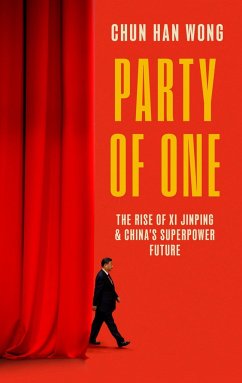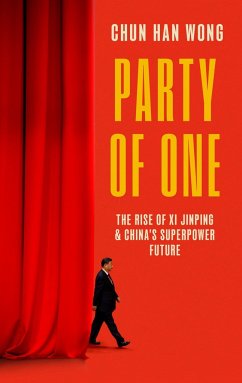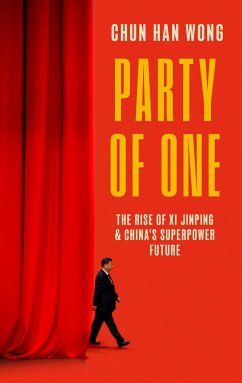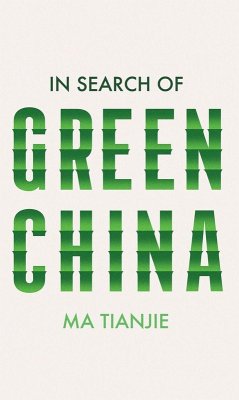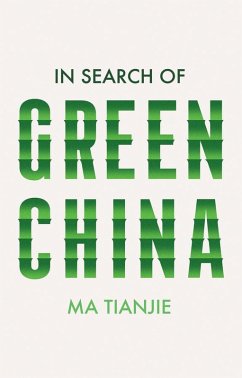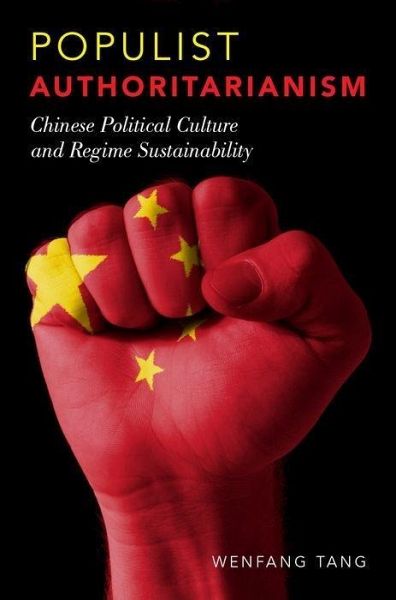
POPULIST AUTHORITARIANISM P

PAYBACK Punkte
25 °P sammeln!
Populist Authoritarianism attempts to explain why protests and regime support coexist in China. It proposes a theoretical framework of Populist Authoritarianism as the explanation of regime sustainability. The book draws empirical evidence from multiple public opinion surveys conducted from 1987 to 2014.







